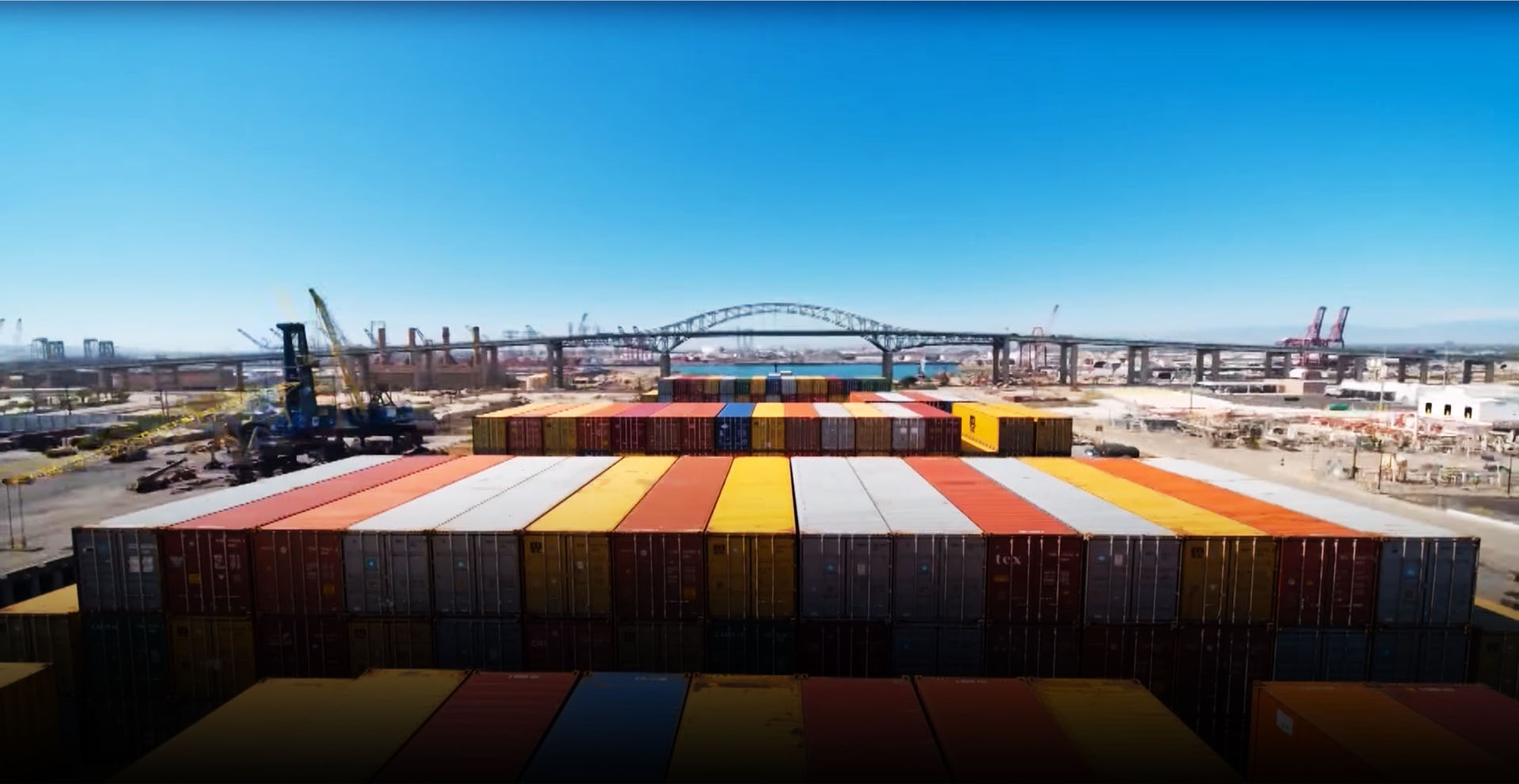Research Projects
Stop the VideoResearch Projects


Sub-Contracting in the Urban Parcel Transport Business: Economic and Social Issues
Project Summary
Project number: MF-1.1e
Funding source: Volvo Research and Educational Foundations
Performance period: 1/1/2014 to 9/1/2014
Project description
Houée and Guilbault, 1988 and 2004, find that "the reduction in the size of the lot and the decrease in the volumetric weight of the goods transported in Europe result in a decrease in the unit weights of shipments" (2009, pp. 50-51). This is undoubtedly one of the reasons justifying the strong expansion of parcel deliveries in Europe. This has been reinforced since the fast development of e-commerce deliveries.
Parcel delivery transport corresponds, according to the French national statistics agency, to "the collection of multiple consignments of less than three tons grouped on cross docking terminals to constitute complete loads capable of filling transport vehicles for unbundling at the receiving center and delivery to the addressee's home.
This general definition omits elements of importance such as:
- a time constraint: parcels are carried out in reduced delays (up to less than 24 hours for express deliveries),
- a network operation: parcel and express transport are based on a network of terminals and/- or agencies linked together to reach maximum consolidation of freight transport,
- and the need to carry out a wide variety of operations, from transport (pick-up and delivery tours from agencies and traction between two cross dock terminals), handling and sorting (such as grouping and unbundling) but also tasks related to operations (such as order preparation, organization of touring plans etc.).
Each of these operations may be subcontracted or carried out in its own right. We chose here to restrict the analysis to the subcontracting of urban delivery tours that involve deliveries and/or pickups. Outsourcing is all the more developed in cities as the cost of making parcel transport deliveries in urban areas is high. Sub-contracting some segments of the parcel/express transport supply chain, especially the urban ones, allows the parcel transport company to reduce the total cost of transport and to focus resources on more profitable activities such as transport organization, consolidation/unbundling and logistics services.
We can see here one of the economic rationales that governs the use of outsourcing among prime contractors, but what benefit does a company have in acting as a subcontractor? Acting as a subcontractor is often the most obvious possibility for new companies for accessing the freight market and starting in urban distribution. It can also be a way of moving from being an employee to being a self-employed person, to have the feeling of mastering the production process. But is not this gain of autonomy illusory? Does not the use of subcontracting by very large companies also open the door to the possible economic dependence of subcontractors as well as increased risks of overwork and accidents, illegal employment and a high degree of precariousness?
To give some answers to these questions, in the main report we first delineate the contours of subcontracting in road freight transport (Section 1). Then, we try to specify the economic characteristics and logics of the parcel/express transport industry (Section 2) and the subcontractors (Section 3) before determining the social relationships that frame their relationships (Section 4).
P.I. NAME & ADDRESS
Cecilia CruzAssistant Professor
6-8 Avenue Blaise Pascal
Champs-sur-Marne, Paris, ?le-de-France 77420
France
[email protected]
Laetitia Dablanc
Director of Research, IFSTTAR, French Institute of Science and Technology for Transport, Development and Networks - University of Paris-East
14-20 boulevard Newton, Cite Descartes
Marne la Vallee cedex 2, 77447
France
[email protected]















